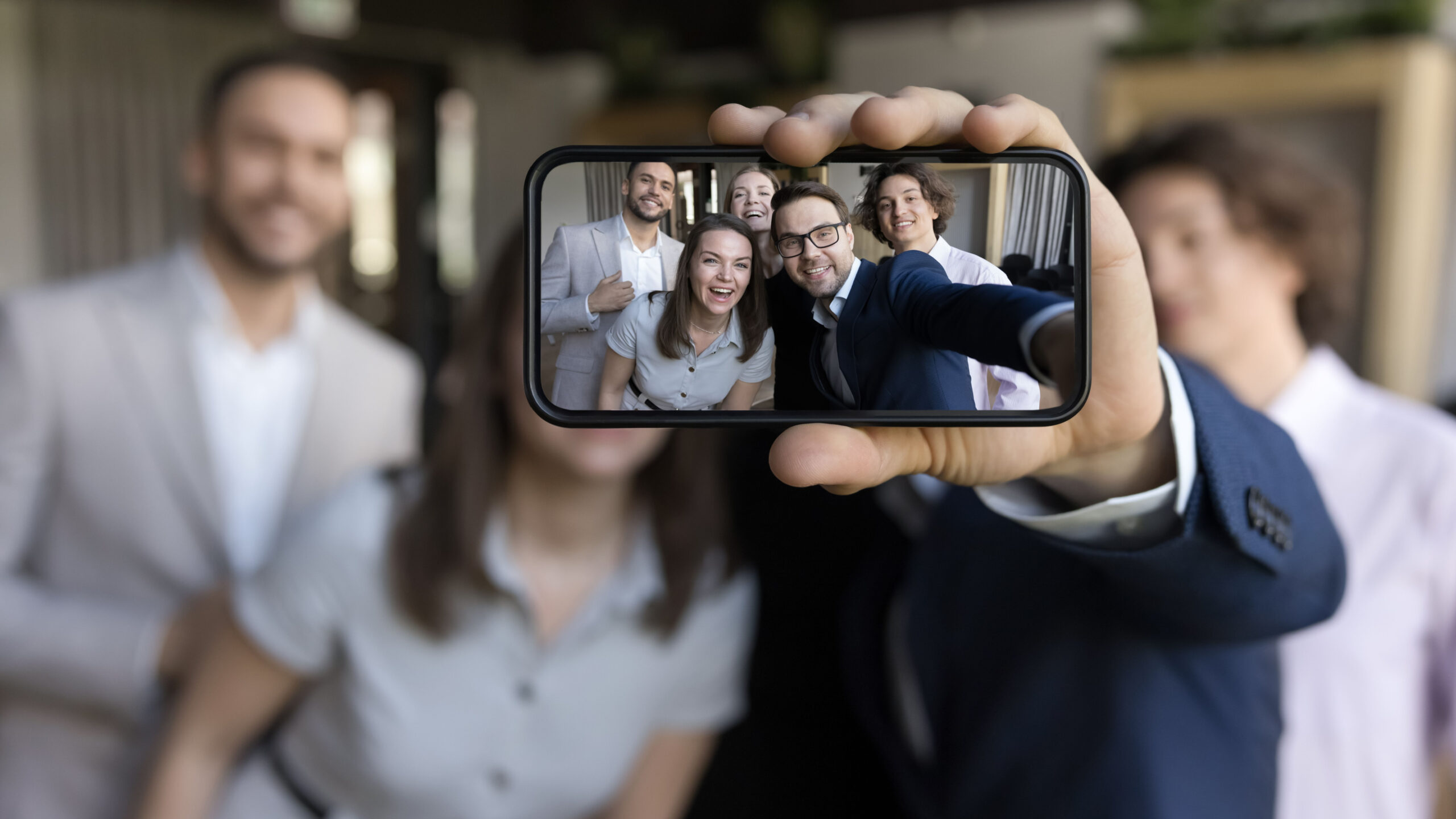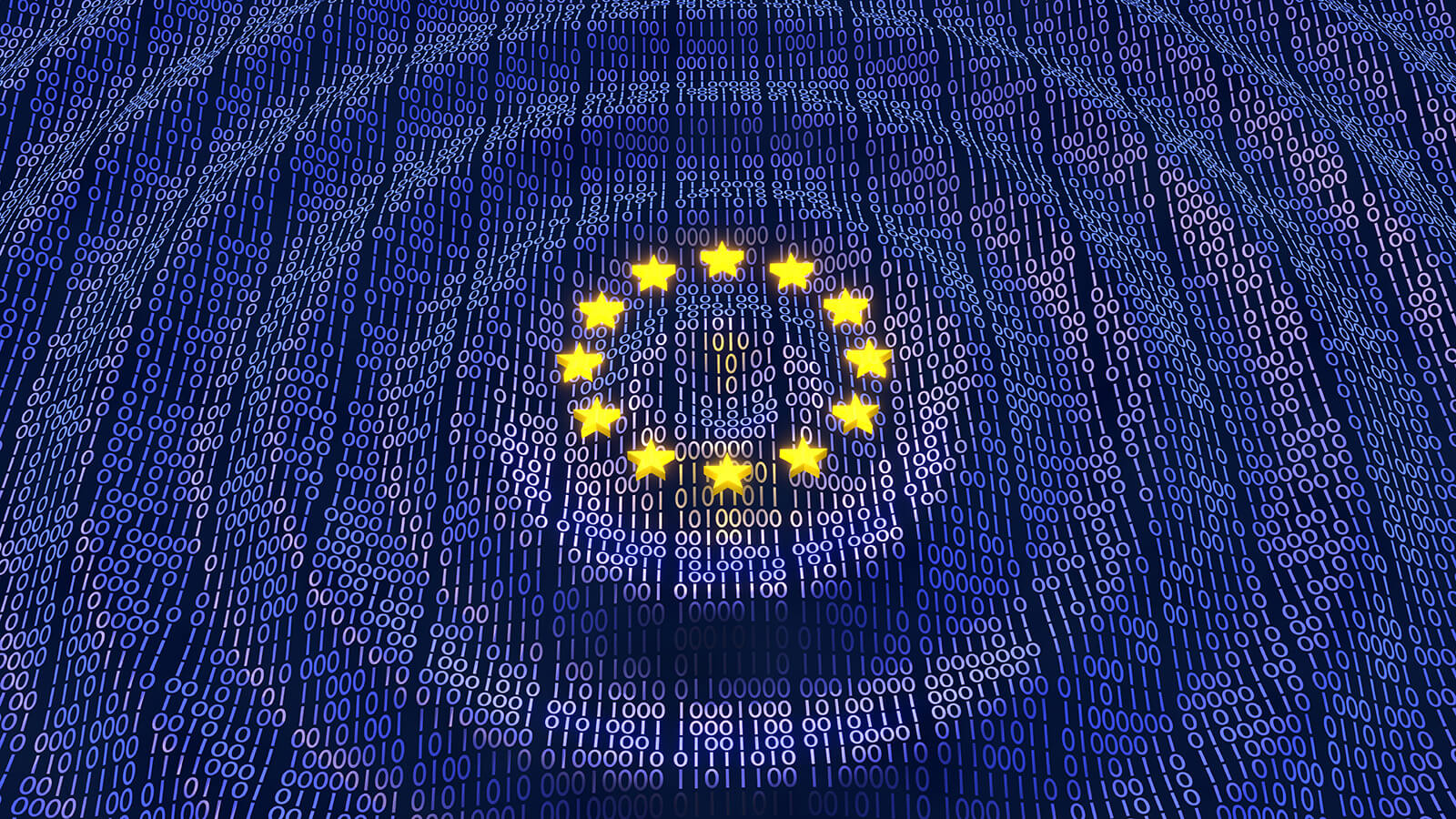Talking The Talk and Walking the Walk
While people, companies, and organizations may want to be (or at least want to be perceived as being) innovative, and may talk about being innovative, that is not the same thing as actually embracing innovation through new technologies and disruptive business strategies. As is often the case, actions speak volumes louder than words.
Cary Sherman, CEO of the Recording Industry of America (RIAA), recently spoke at the Personal Democracy Forum on June 11, 2012. According to CNET’s Greg Sandoval:
Sherman’s main message was that the RIAA is evolving and that the music industry has responded to the advice offered over years by the tech sector. RIAA critics repeatedly told the big labels to evolve and adopt new technologies and business models. They said that the RIAA should drop litigation and quit hobbling music with Digital Rights Management software. According to Sherman, the RIAA has done all of that and more.
He said Spotify and Rhapsody offer unlimited streaming music. YouTube and Vevo provide free on-demand music videos. Pandora, the free and popular Web radio service, continues to increase its following. As for enforcement, Sherman said DRM is dead and reminded the audience that the RIAA abandoned the litigation campaign years ago.
Sherman endeavored to demonstrate, in Sandoval’s words, the RIAA “evolv[ing] and adopt[ing] new technologies and business models,” and this is an admirable goal. Unfortunately, it has not yet been realized. This was a presentation and as such these were likely prepared remarks, and yet the examples Sherman was able to come up with highlight the music industry’s missteps and resistance to innovation, and then ultimately recanting on its negative behavior—not demonstrating positive behavior or any inclination to innovation. He does mention developments that have been adopted by consumers, but these have come from technology companies successfully taking action to disrupt the music industry. Instead, the RIAA and similar industry stakeholders have appeared to focus more on supporting legislation that threatened to stifle innovation, including recently being a major advocate of SOPA and PIPA, and encouraging industry consolidation that would further reduce competition, such as the currently pending UMG/EMI merger, which is scheduled for a hearing by the Senate Committee on the Judiciary’s Subcommittee on Antitrust, Competition Policy and Consumer Rights on June 21, 2012. An excellent report prepared against the merger detailed past and present anticompetitive behaviors, such as eliminating singles and price fixing CDs, and explained how the “UMG-EMI merger is part of a long list of issues that antitrust authorities have faced in recent years as digital disintermediation unsettles important product markets.” It also explained how “[t]he industry got away with its fictional piracy story because the Grokster file sharing case was argued in early 2005 based on data that predated iTunes and therefore did not reflect the growth of digital distribution business models” even in the face of other studies.
Similarly, Chris Dodd, Chairman and CEO of the Motion Picture Association of America (MPAA), recently said, “We’re in a transformative period with an explosion of technology that’s going to need content.” This seemed to acknowledge that a partnership between movie studios and technology services is essential and even inevitable. However, according to an April 2012 article, “No matter how much Netflix Inc. is willing to pay for the rights, some online video remains off-limits. Major movie studios are refusing to license the rights to most of their latest movies at the same time they’re released on DVDs.” There are some success stories, such as the recently announced partnership between Metro-Goldwyn-Mayer Studios, Inc. (MGM) and Amazon Prime Instant Video. However, thus far, the MGM-Amazon deal appears to be the exception, rather than the norm. For instance, my colleague Daniel O’Connor has posted about cable operators suppressing disruptive competition through anticompetitive contracts and only “authenticating” content for those who already are subscribers.
While industry representatives such as Sherman and Dodd may speak about evolving and transforming, the industries they represent still seem resistant to change. Instead, they’re practicing classically anticompetitive behaviors—attempting to consolidate through merger in the music industry and withholding content from online platforms in the movie industry. Ultimately, there is a discrepancy between their messaging and what their member companies are actually doing. The examples that Sherman mentioned—in which the content industries licensed their content to the disruptive technology services, and the public was served—exhibit better partnerships between creators, providers, and consumers of entertainment, and should be emulated. Talking the talk is good, but it is no substitute for walking the walk.








